- Write by:
-
Tuesday, April 4, 2023 - 22:02:43
-
184 Visit
-
Print
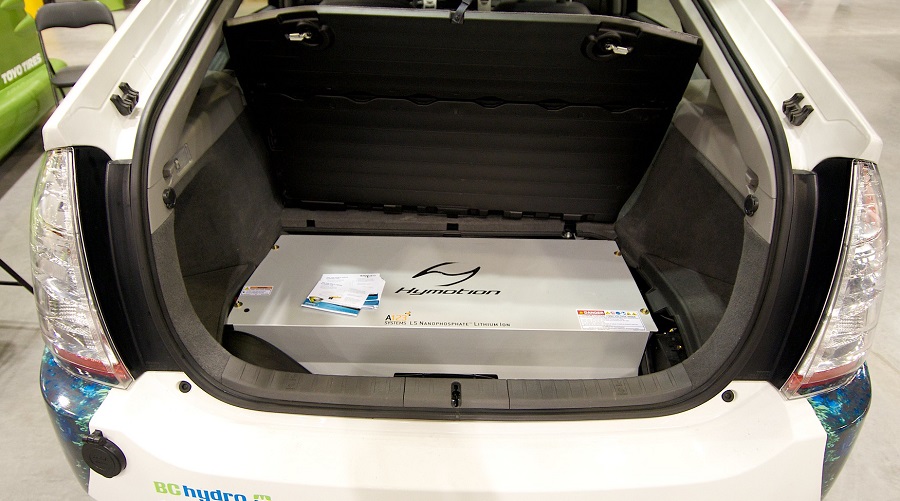
Mining News Pro - Battery researchers at the Pacific Northwest National Laboratory are proposing the idea of fundamental science taking into account the way industry works when it comes to developing EV components.
In an article published in the journal Nature Energy, the scientists wrote that, for instance, the way materials behave in a small laboratory sample is very different from the way they work in a thousand-litre drum.
“Usually when we do fundamental research we do not care too much about cost,” Jie Xiao, lead author of the study, said in a media statement. “But for industrial manufacturing, both the materials and processing need to be cost-efficient. For example, our tendency in the laboratory is to work with the purest raw materials we can obtain, to get the battery materials with the best possible performance. The question we need to be asking now is, ‘what is the tolerance of our system to different levels of impurities?’ It’s a different mindset.”
Xiao added that in the future, researchers might think about designing experiments that look at the effects of different kinds of impurities and different amounts of impurities to define the tolerance level and reduce manufacturing costs.
They can even start thinking about ways to take advantage of certain impurities to enhance material performance while reducing industry manufacturing costs.
“These are pressing questions that require a shift in research priorities, and a collaborative mindset to work across the cultures of academia and industry,” Xiao said.
To reduce the cost of manufacturing, industry seeks high production rates and high efficiency. But these two factors—speed and high volume—can trigger quality control issues.
To increase manufacturing speed, it is important to understand the root causes of production line limits. This is why Xiao and his co-authors reviewed four different methods to detect detrimental metal impurities in battery components that can cause battery failure. In addition, they investigated why production line sensors limit production speed. And they discussed how the combination of online diagnostics and artificial intelligence can enable smart manufacturing.
These and several other research opportunities outlined in the study point the way to bridging the often-difficult gap between laboratory research and commercialization success.
“National Laboratories can help industry to identify the scientific problems in manufacturing first by using their unique scientific tools and facilities, address them at the industry-relevant scale, and help lower the risk and cost manufacturers face in scaling up,” Xiao said. “We see this article as a service to the scientific and industrial research communities, so they can find ways to come together and revisit what it means to do fundamental research collaboratively in a different way.”
Short Link:
https://www.miningnews.ir/En/News/622790
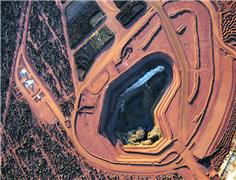
Australian miner Lynas posted a slump in third-quarter sales revenue on Wednesday, missing analyst expectations on the ...

Zimbabwe’s President Emmerson Mnangagwa has re-appointed Winston Chitando as the southern African nation’s mines ...

Chile’s state copper company Codelco defended its proposed lithium production tie-up with SQM in response to criticism ...

Australia’s Fortescue on Wednesday logged a larger-than-expected decline in third-quarter iron ore shipments, following ...
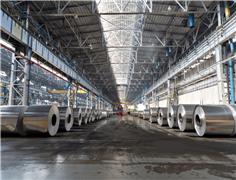
The London Metal Exchange is imposing new rules surrounding the movement of metal in its warehousing network, taking aim ...
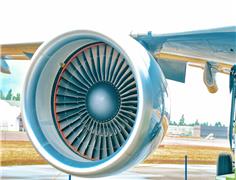
Canada has granted Airbus a waiver to allow it to use Russian titanium in its manufacturing after becoming the first ...

A Russian arbitration court ruled on Monday that four units of Swiss commodities trader Glencore will pay more than 11.4 ...

Chile’s state-run miner Codelco plans to select a partner for a future lithium project in one of the country’s top salt ...
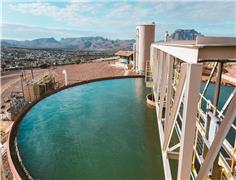
A Native American group has asked all members of a US appeals court on Monday to overturn an earlier ruling that granted ...
No comments have been posted yet ...